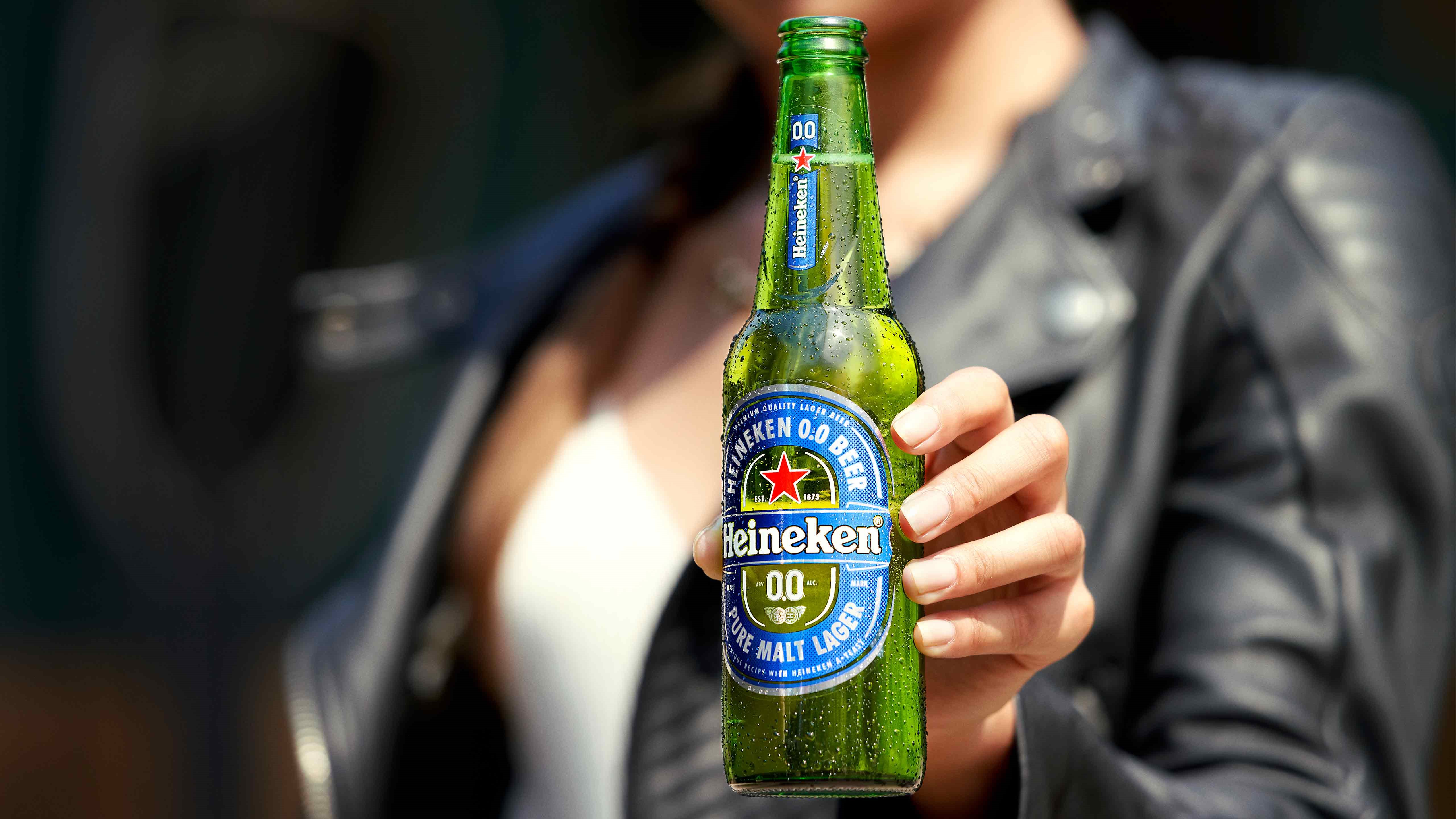A Louisiana woman sued Heineken USA for misleading consumers with its alcohol-free label of Heineken 0.0 which contains 0.03 percent alcohol.
The Louisiana Record showed that Heineken USA allegedly violated the Louisiana Unfair Trade Practices Act, state consumer fraud acts, breaches of express warranty, implied warranty of merchantability, Magnuson Moss Warranty Act, as well as committed fraud, and unjust enrichment.
The lawsuit filed in U.S. District Court in the Middle District of Louisiana pointed out that in Heineken 0.0's own FAQ page, the brand admits it contains “an extremely small amount of alcohol, maximum 0.03 percent ABV."
The plaintiff Kathleen M. Wilson argues that some who bought the beer don't want even this "minuscule amount of alcohol" and shouldn't be called "0.0" at all.
Wilson added that consumers should be fully informed of the ingredients in the product even if it contains less than .03 alcohol to give them the option to choose.
The plaintiff says she wanted a product with no alcohol and was misled by Heineken's "false and deceptive representation," which caused her to purchase their N/A beer; therefore, she has suffered damages.
Wilson asked for injunctive relief demanding that Heineken change its labeling of the product, monetary damages, and court costs.
On its website, the brand noted that 0.03 percent of ABV has the same or even lower alcohol level than other food products, such as bread, bakery products, juices, and bananas. This was due to the natural fermentation of ingredients, such as cereals and fruits.
Heineken pointed out that fermentation is a natural process, and minuscule alcohol levels can be found everywhere.
The website also insists that its Heineken 0.0 label and ingredient declaration do not violate local food laws and regulations.



 Dollar Near Two-Week High as Stock Rout, AI Concerns and Global Events Drive Market Volatility
Dollar Near Two-Week High as Stock Rout, AI Concerns and Global Events Drive Market Volatility  South Korea’s Weak Won Struggles as Retail Investors Pour Money Into U.S. Stocks
South Korea’s Weak Won Struggles as Retail Investors Pour Money Into U.S. Stocks  Trump Family Files $10 Billion Lawsuit Over IRS Tax Disclosure
Trump Family Files $10 Billion Lawsuit Over IRS Tax Disclosure  US Judge Rejects $2.36B Penalty Bid Against Google in Privacy Data Case
US Judge Rejects $2.36B Penalty Bid Against Google in Privacy Data Case  China Extends Gold Buying Streak as Reserves Surge Despite Volatile Prices
China Extends Gold Buying Streak as Reserves Surge Despite Volatile Prices  U.S. Lawmakers to Review Unredacted Jeffrey Epstein DOJ Files Starting Monday
U.S. Lawmakers to Review Unredacted Jeffrey Epstein DOJ Files Starting Monday  Supreme Court Signals Doubts Over Trump’s Bid to Fire Fed Governor Lisa Cook
Supreme Court Signals Doubts Over Trump’s Bid to Fire Fed Governor Lisa Cook  Federal Judge Restores Funding for Gateway Rail Tunnel Project
Federal Judge Restores Funding for Gateway Rail Tunnel Project  Trump Endorses Japan’s Sanae Takaichi Ahead of Crucial Election Amid Market and China Tensions
Trump Endorses Japan’s Sanae Takaichi Ahead of Crucial Election Amid Market and China Tensions  Trump Backs Nexstar–Tegna Merger Amid Shifting U.S. Media Landscape
Trump Backs Nexstar–Tegna Merger Amid Shifting U.S. Media Landscape  Japanese Pharmaceutical Stocks Slide as TrumpRx.gov Launch Sparks Market Concerns
Japanese Pharmaceutical Stocks Slide as TrumpRx.gov Launch Sparks Market Concerns  Uber Ordered to Pay $8.5 Million in Bellwether Sexual Assault Lawsuit
Uber Ordered to Pay $8.5 Million in Bellwether Sexual Assault Lawsuit  Yes, government influences wages – but not just in the way you might think
Yes, government influences wages – but not just in the way you might think  Trump Lifts 25% Tariff on Indian Goods in Strategic U.S.–India Trade and Energy Deal
Trump Lifts 25% Tariff on Indian Goods in Strategic U.S.–India Trade and Energy Deal  Weight-Loss Drug Ads Take Over the Super Bowl as Pharma Embraces Direct-to-Consumer Marketing
Weight-Loss Drug Ads Take Over the Super Bowl as Pharma Embraces Direct-to-Consumer Marketing  California Sues Trump Administration Over Federal Authority on Sable Offshore Pipelines
California Sues Trump Administration Over Federal Authority on Sable Offshore Pipelines 































